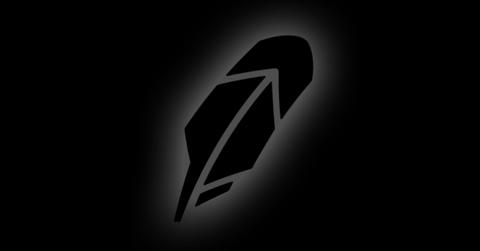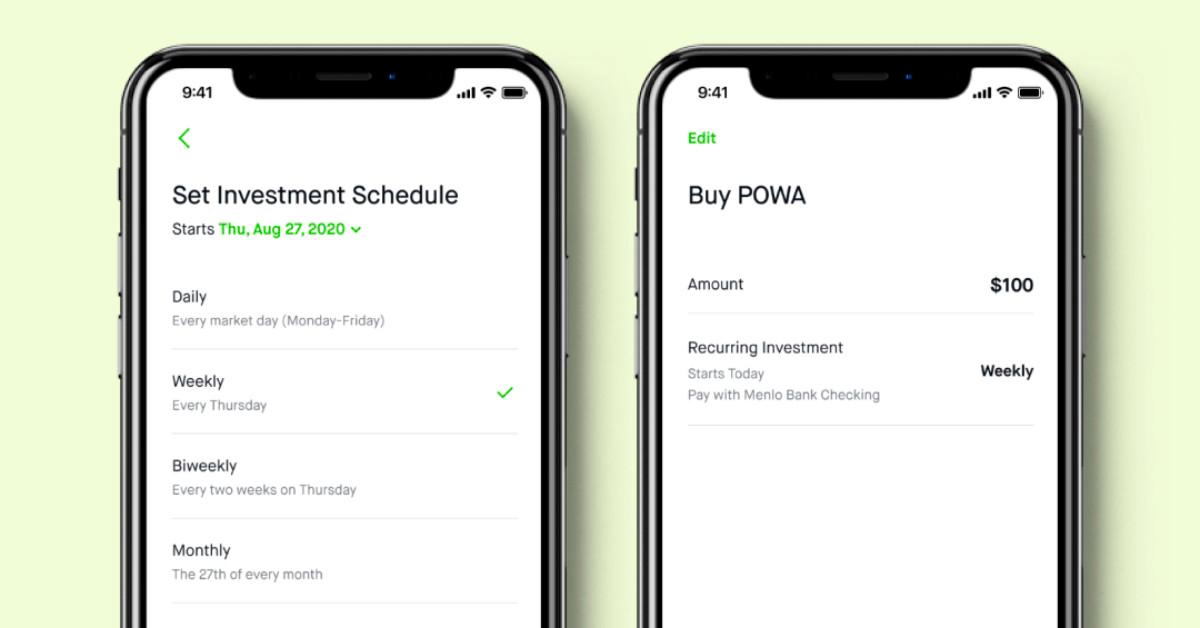If Robinhood Goes Out of Business, What Happens to Your Investments?
What happens if Robinhood goes out of business? Learn what would happen to your investments if the brokerage failed.
April 21 2021, Updated 3:12 p.m. ET
In January, as the online brokerage Robinhood got caught up with the GameStop short squeeze, Gerber Kawasaki CEO Ross Gerber sounded the alarm about the company’s solvency, and some investors worried about what would happen if the Robinhood went out of business.
“Robinhood is dealing with the classic run-on-the-bank scenario,” Gerber tweeted on Jan. 29. “Everyone wants out, but they can’t process it fast enough, depleting needed capital as fast as they can get new VC capital in. So they need to put up more margin, and they are losing capital out the door.”
He went on: “I’ve seen many huge firms go under including one I worked with, AIG. It was AAA-rated Dow stock at the time. Been doing this for decades. I run a financial institution and work with the biggest financial institutions in the world. Trust me. Robinhood is in serous trouble.”
So, what does happen if Robinhood goes out of business?
The good news for Robinhood users is that the company says on its “How You’re Protected” webpage that it’s a member of the Securities Investor Protection Corporation (SIPC), which “protects securities customers of its members up to $500,000 (including $250,000 for claims for cash).”
And as The Balance notes, SIPC insures investments and oversees the liquidation of SIPC members that shut down, “helping investors transfer their accounts and protecting their assets in the event of financial disaster.” (The SIPC also has a guide to that liquidation process.)
On its “Our Commitments” webpage, Robinhood says that it also provides brokerage customers with “excess of SIPC” coverage through Lloyd’s of London underwriters. This excess of coverage “provides an aggregate of $100 million of coverage—up to $1.5 million for cash and $10 million for securities per customer” and “would only be triggered when SIPC coverage is exhausted,” Robinhood adds.
Even Gerber noted Robinhood’s SIPC membership on Twitter on Jan. 29, though he warned in that tweet that the SEC would freeze all the accounts and that it would take “months to unwind and get your money back.”
What Is the Securities Investor Protection Corporation?
SIPC is a nonprofit organization that was created in 1970 after the U.S. Congress passed the Securities Investor Protection Act to protect customers against losses from broker-dealer failures, according to its website.
In its first half century, SIPC “advanced $3.0 billion in order to make possible the recovery of $141.4 billion in assets for an estimated 773,000 investors,” the site adds.
What does the SIPC not protect?
As the SIPC notes in a brochure, the corporation does not protect investments made through non-SIPC members, market loss, promises of investment performance, and commodities or futures contracts (except under certain conditions).
Other words of caution: The Robinhood website states that its Robinhood Crypto product is not a member of SIPC and that the SIPC does not protect cryptocurrency investments made through Robinhood Crypto.
Also, the company says, neither SIPC coverage or “excess of SIPC” coverage protects customers’ securities against a loss in market value.


